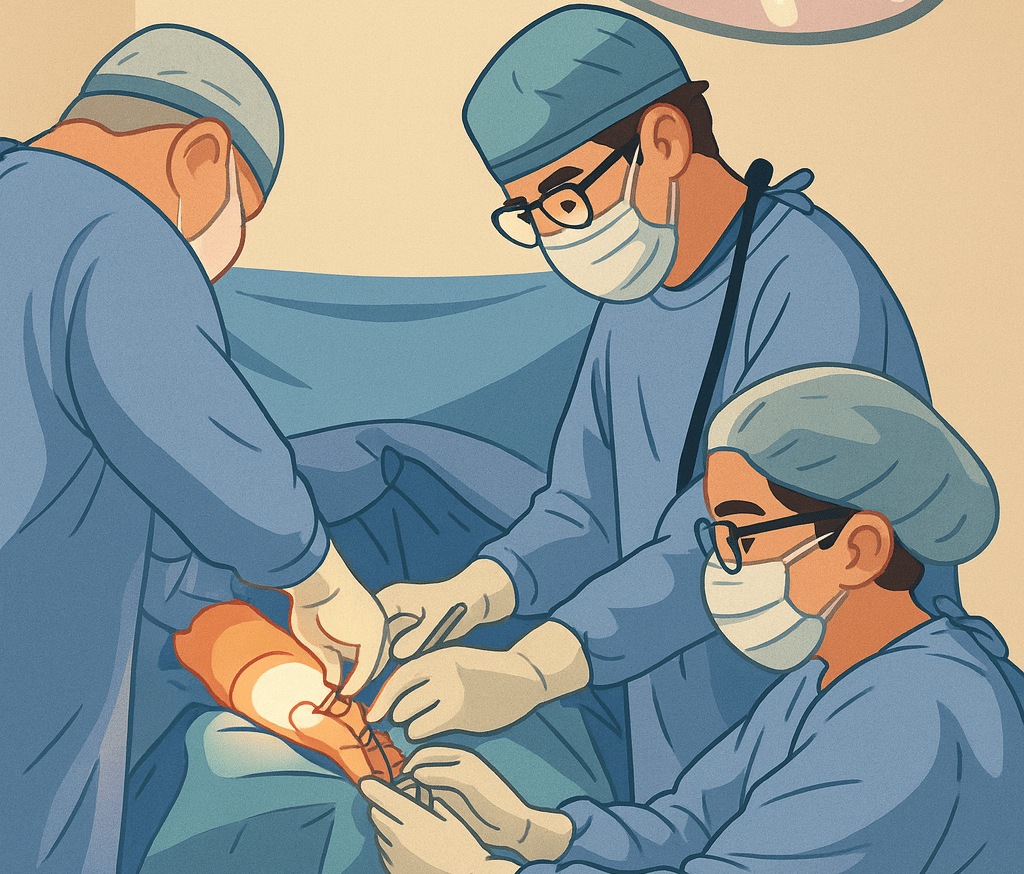Between Fear and Responsibility: What Internship Has Taught Me
A journey on the past 2 months
I have been an intern for the past two months, working in obstetrics and pediatrics. It has been a very intense experience. After six and a half years of just studying books, numbers, and memorizing guidelines, suddenly everything you studied seems to vanish.
It is a scary feeling. With time, you start getting back on track, realizing that you learn more from experience than from books. Soon, you begin to understand how things really work—the hard parts of the job that are not shown in books or papers.
Dealing with people is difficult, especially when it comes to patients’ emotions. Sometimes patients arrive defensive, and other times they doubt your decisions or conduct. Many times, you must remain firm in what you are doing. To be a good doctor, you don’t always have to please the patient—you have to do the right thing for the patient, their child, or the progress of their labor or newborn.
Another challenge is thinking quickly when you need to make urgent decisions, sometimes even life-saving ones. You have to be fast but also confident in what you decide.
I have also started valuing the sutures I perform—the single stitches, continuous ones, or intradermal closures. I realized how important they are for the skin to heal properly, to stay healthy, and to be well taken care of.
Another key lesson is the importance of relieving pain. Helping a patient feel more at ease is essential, because pain truly makes people suffer. It limits their ability to work, to feel well, and it negatively affects everything in their life. That’s why empathy is so important—towards anyone who is suffering, no matter who they are.
I also learned that you have to take care of yourself in order to take care of others. You must be in good physical, mental, and spiritual condition to practice medicine. From intubating someone, to assisting in a delivery, prescribing the right drug, or simply writing down how a patient is doing—even small actions require strength and focus.
Information is key. You must be attentive, understand difficult terms, and write them exactly as they are. Everything you document about a patient can be used in a legal process or cause confusion among coworkers. That’s why it is crucial to write correctly everything that was said, seen, and done.
“With great power comes great responsibility.” Uncle Ben wasn’t wrong when he said that to Spider-Man. Being a doctor involves developing many skills in order to heal, treat, save, and solve problems.
It can be stressful. It can cause anxiety. It can make you doubt yourself many times. But you are not alone—you have a team behind you: nurses, technicians, physiotherapists, nutritionists. Remember, nurses are your guardian angels on the frontline—you need them.
Good communication with colleagues and coworkers is also essential. You must speak respectfully and be proactive in meeting demands. It’s important to be careful about what you say or do in the hospital, because everything can become gossip, and if handled poorly, it can end badly. Avoid conflicts in front of coworkers; respect is fundamental. If there are situations you cannot handle well, address them in private.
So, that is basically what I have learned in the past two months of my internship. And I know I still have much more to develop.


